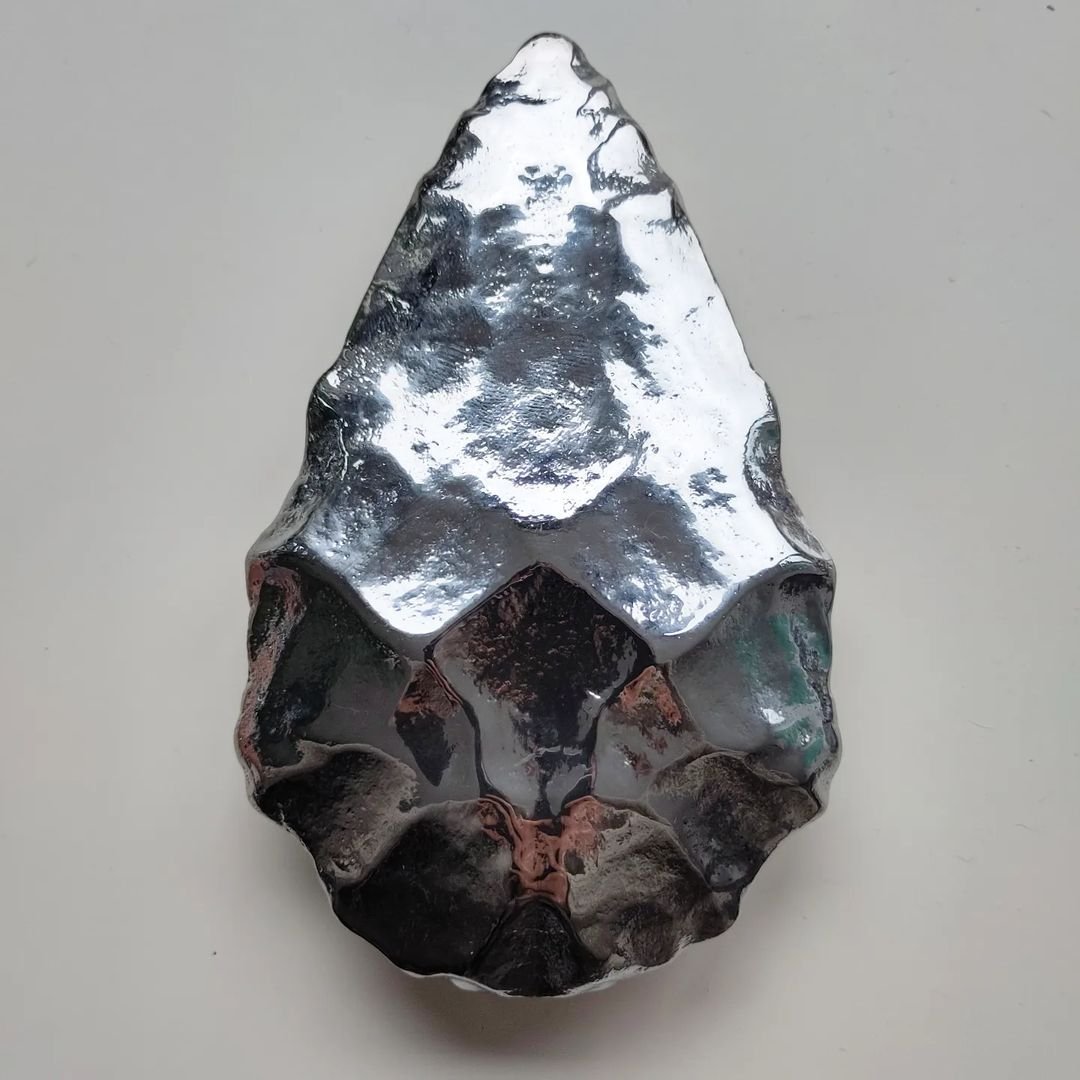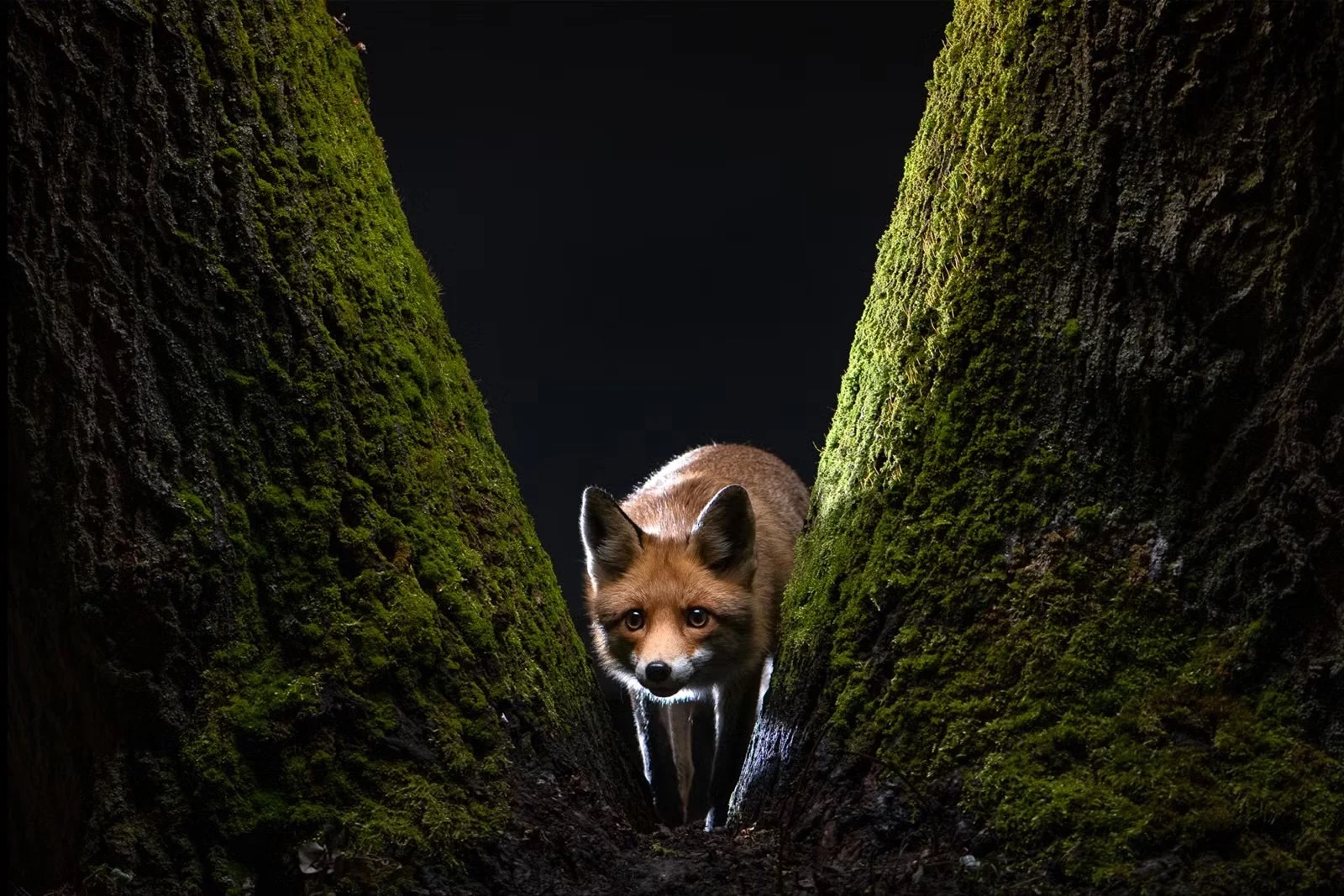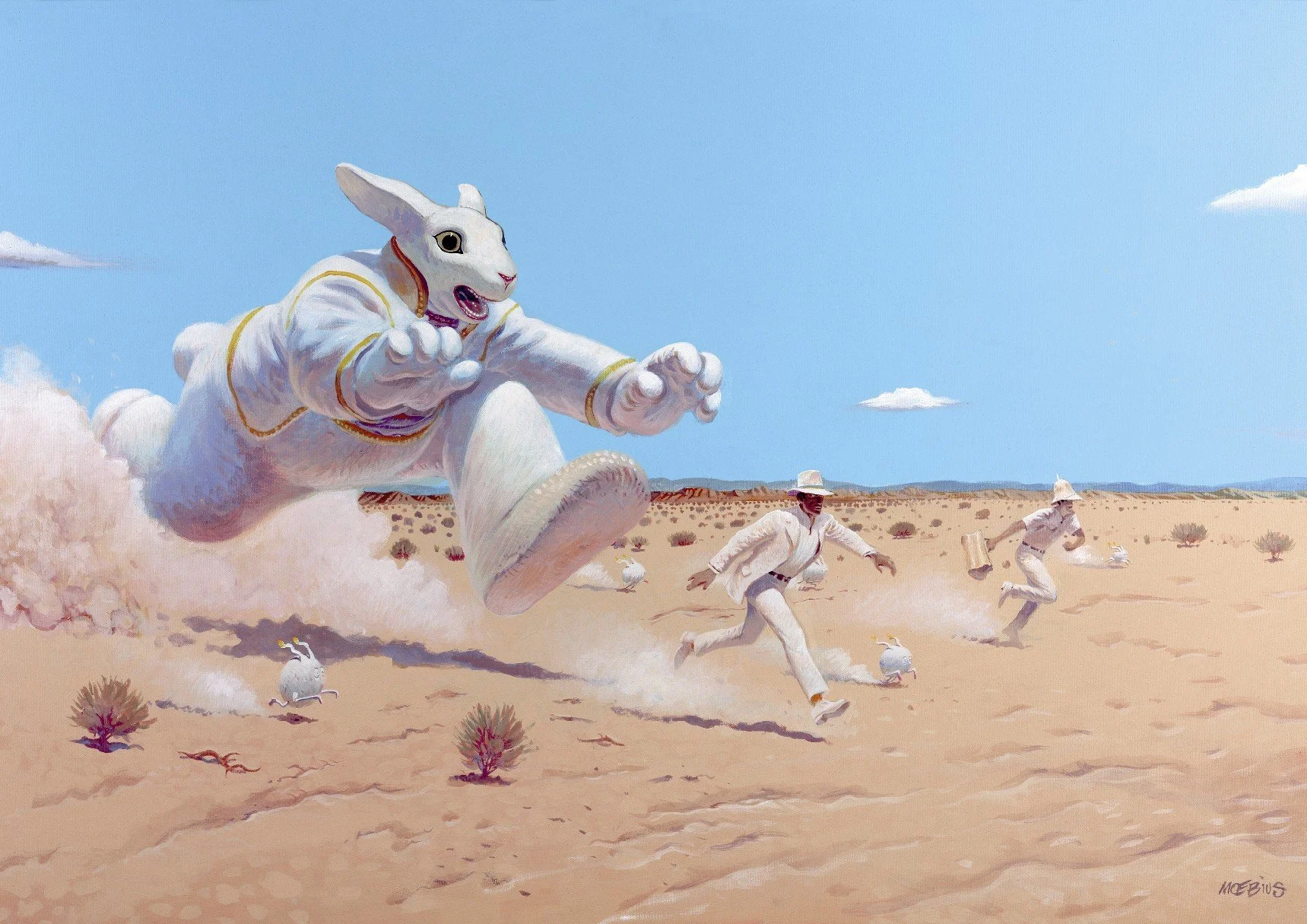Grappling with different partners, I often share an insight that once saved me during the final of the Ukrainian championship in 2017:
"When an opponent aggressively looms over you, he’s vulnerable. Just block his arms and pull, bringing his head over yours. Then, give a quick push with your legs, and he’ll fly right over you."
This opportunity comes up often in a match, but most grapplers don’t see it. Why? They’re too focused on themselves, desperately trying to survive.
The irony is, the move works best when there’s a big gap in weight, size, or strength between the grapplers. Imagine a slim girl trying to defend herself while a big guy presses down on her.
The heavyweight feels sure of his advantage. In his mind, he’s already won, and defense isn’t even on his radar. The fairy uses this carelessness to slip beneath the giant’s center of gravity. That’s the secret.
Lift your opponent off the ground, and he’ll lose all his strength.
In Greek mythology, Hercules was the first to defeat the giant Antaeus. This son of Poseidon drew his strength from his mother, Gaia, the goddess of the earth. During their fight, Hercules figured out Antaeus’s secret—he lifted him high into the air to drain his power, then finished him off.
Paradoxically, the worse your situation, the better your chances of winning.
But first, you need to turn your perspective around 180 degrees.
Sincerely yours,
-Alexander
About me:
As a business therapist, I help tech founders quickly solve dilemmas at the intersection of business and personality, and boost company value as a result.
How can I help you?
If you've long been trying to understand what is limiting you and/or your business and how to finally give important changes a push, then The Catalyst Session is designed specifically for you. Book it here.





















